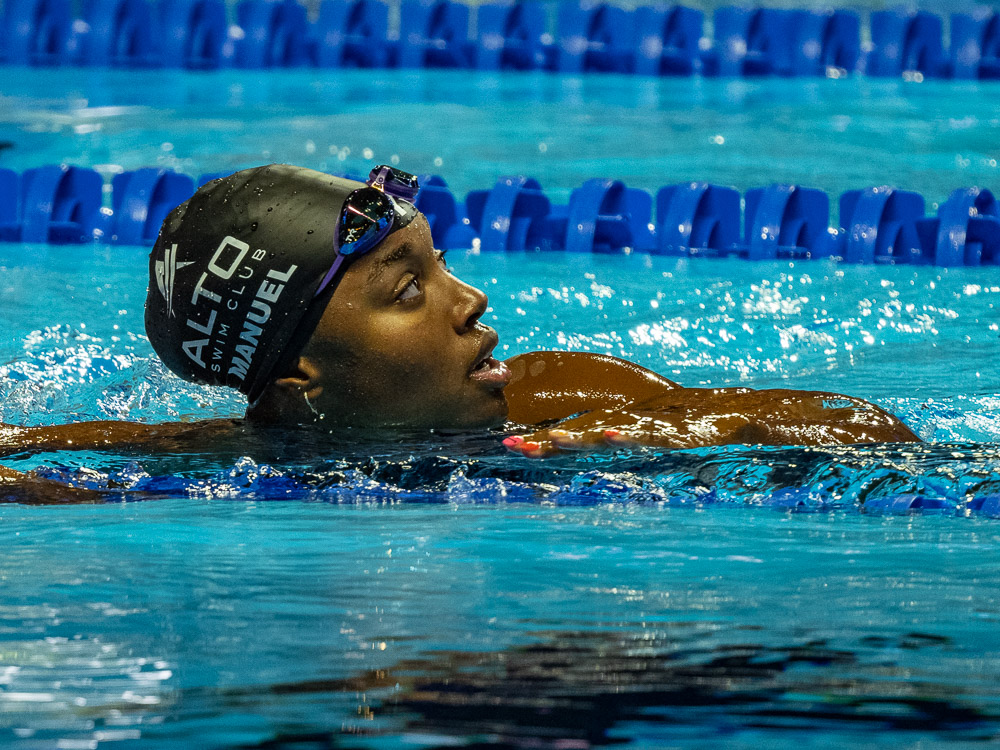What is Overtraining Syndrome? A Glance At An Overlooked Illness

What is Overtraining Syndrome? A Glance At An Overlooked Illness
Overtraining syndrome is a condition where an athlete deals with declining performances and overall fatigue in their sport, despite continued or increased training. The name of the game in the sport of swimming is hard work and perseverance. For decades, swimming has been a grueling sport in which athletes push themselves to their physical and mental limits.
To find success, athletes must push themselves to become their best, and that often includes trips out of their comfort zone. Despite these demands, there have been some career-ending effects for athletes because of this constant push for greatness. Several elite swimmers have experienced this condition and are becoming more open about it. For this reason, there needs to be public awareness at more levels of swimming.
“I’m Just Tired”
Repeated days of beating up your body can take a toll on anyone, regardless of how tough you may seem. Then, not seeing the results you work so hard for, makes the situation even worse. Often, overtraining syndrome is masked with phrases like “I’m just tired” or “getting through it.” On the surface, these comments may seem harmless and normal. However, something much worse could be going on deep inside. As in the case of Olympian Simone Manuel, overtraining syndrome can present itself as insomnia, depression, loss of appetite or anxiety. Many athletes do not realize they are battling with this condition until more serious side effects are present. It is crucial to understand the fine line between hard work and overtraining. It should never come to the point where it is deteriorating your health and performance.
Why Athletes Overtrain
Athletes overtrain for a number of reasons. You might feel like you aren’t putting in enough work. Or, you could feel as if the performance pressures are more important than your own health. In some cases, you might not even know you’re overtraining because you have become accustomed to the adverse effects you feel. Parents and friends could also put expectations on you that cause you to go harder than necessary. In other circumstances, Olympic or professional athletes may overtrain because of monetary or brand-deal obligations. In any case, overtraining is not a safe or healthy way to enjoy the sport of swimming. There are several ways in which you can combat or avoid this condition if you experience it.
Take a Break
Allow yourself to take breaks. A break looks different for everyone. Some people only need mental breaks. This looks like getting “rid” of swimming anytime you’re outside the pool. Do not think about the sport when you are away from it. Try to do things that you like to do and that keep you busy. This could be drawing, cooking, or hanging out with friends. When you are away from the pool, you must mentally reset so that you are able to perform at your maximum capabilities when in the water. For some, a break might be physical. They need this time to relax their bodies from the toll that overtraining syndrome has taken on them. This could be anywhere from a few days or months to a few years. A break is certainly dependent on how competitive your swimming environment is. But nonetheless, you must prioritize yourself over the sport.
Ending the Stigma
Knowing the signs and symptoms of overtraining will not only help you, but it will make you more aware of when your teammate is experiencing it. Having a strong mindset is crucial in swimming, but we must eradicate the toxic environment that allows swimmers to beat themselves past the point of sanity. If you need that break, take it, and come back stronger than you ever have before.
All commentaries are the opinion of the author and do not necessarily reflect the views of Swimming World Magazine nor its staff.




I wonder if this syndrome in its more extreme forms leads to mood disorders and self harm. It is horrifying that so many young, elite athletes take their own lives.
Rest and get plenty of sleep . Make sure you are getting enough good food/fuel. Add different kinds of good clear fun to your routine. Hang around people which will add some laughter and hugs to your day. You can get by with a little help from your friends. Listen to your body, it will give you hints. And, it will break down when you don’t take the hints. Ha!
. Make sure you are getting enough good food/fuel. Add different kinds of good clear fun to your routine. Hang around people which will add some laughter and hugs to your day. You can get by with a little help from your friends. Listen to your body, it will give you hints. And, it will break down when you don’t take the hints. Ha!